At a meeting on April 6, the Ministry of Information and Communications listed six violations by TikTok as well as toxic trends that pose a risk of harming the community on the platform. Responding to VnExpress, a representative of TikTok Vietnam said that the removal of violating videos is assessed based on a combination of factors: policy, technology and censorship team.
The platform has established Community Standards with a set of rules to encourage users to create appropriate content. In addition, TikTok applies automatic content moderation technology. According to the platform representative, all uploaded videos are reviewed by tools to determine whether the content violates the standards or not, based on many criteria such as keywords, images, titles, descriptions and audio.
However, many people can use tricks to avoid the platform's regulations. Therefore, TikTok Vietnam coordinates between the censorship team and content detection algorithms to supplement technological limitations, especially external factors and nuances in videos.
“We have a team of several hundred Vietnamese people working 24/7 to continuously moderate content,” said a TikTok representative. “The platform will also add training courses for the moderation team to increase efficiency in enforcing new rules and standards in the future.”
Image of the report (flag) button on the TikTok app. Photo: Luu Quy
In addition, TikTok also reviews reports from the community through online tools. Users can flag content and accounts that are deemed inappropriate. “User reports play a very important role. Most of the violating content has been proactively identified by TikTok before any views or reports from the community,” said a representative of TikTok Vietnam.
In Europe, where there are high demands on information censorship, many large social networks must comply with the Digital Services Act (DSA). In particular, TikTok has opened a transparency and accountability center in Dublin, the capital of Ireland. According to Politico, this center has more than 5,000 people working in 10 countries such as Belgium, France, Germany.
A similar solution is taking place in the US, where TikTok established the Los Angeles Center for Accountability and Transparency, which provides behind-the-scenes insight into the platform’s algorithms and moderation practices. However, TikTok does not fully disclose how it makes decisions about filtering content and data.
Censorship but not effective
According to TikTok's Community Standards Enforcement Report released on March 31, more than 1.7 million videos violating the rules were removed in Vietnam in the fourth quarter of 2022. Of these, 94.9% were proactively removed by the platform.
However, TikTok's policies and measures are considered ineffective when toxic and misleading content still appears widely. In a survey conducted by VnExpress with nearly 9,500 participants on April 4, 38%, equivalent to nearly 3,600 people, do not use TikTok. Of the nearly 6,000 users, more than 80% reported regular exposure to toxic content on the platform.
Bad and toxic content on this platform includes videos that violate politics, sabotage the Party and the State; fake news; nonsense, toxic content, and danger to children. Many TikTokers participate in "exposing" trends, arbitrarily using other people's private images to spread fake news, defame, and insult. In addition, many revealing images, which should be labeled 18+, can be accessed without age verification.
The trend of “exposing” on TikTok is assessed by the Ministry of Information and Communications to violate many laws on personal rights. Photo: Minh Son
According to Mr. Le Quang Tu Do, Director of the Department of Radio, Television and Electronic Information, TikTok has not yet had an effective solution to deal with the problem of bad and toxic content. “The Ministry has reminded and corrected, but TikTok has not effectively overcome this situation. In fact, TikTok's algorithm has helped toxic information easily become a trend, spread more strongly, and negatively affect the younger generation,” said Mr. Do.
He said that there is a situation where social networks use algorithms to “dodge” the automatic scanning tools of the management agency, making it difficult to detect and handle violations. “With the huge amount of information produced every day on platforms like TikTok, if social networks do not respond and proactively block and filter thoroughly with algorithms, removing violating content will be less effective,” said a representative of the Department.
The Ministry of Information and Communications said that in the coming time, it will deploy solutions to require cross-border platforms to comply with Vietnamese laws. In May, the Ministry will coordinate with the Ministry of Industry and Trade, the Ministry of Culture, Sports and Tourism, the Ministry of Public Security, and the General Department of Taxation to comprehensively inspect TikTok's operations in Vietnam, including assessing its impact and influence on the community, especially young people.
Source VNE
Source link


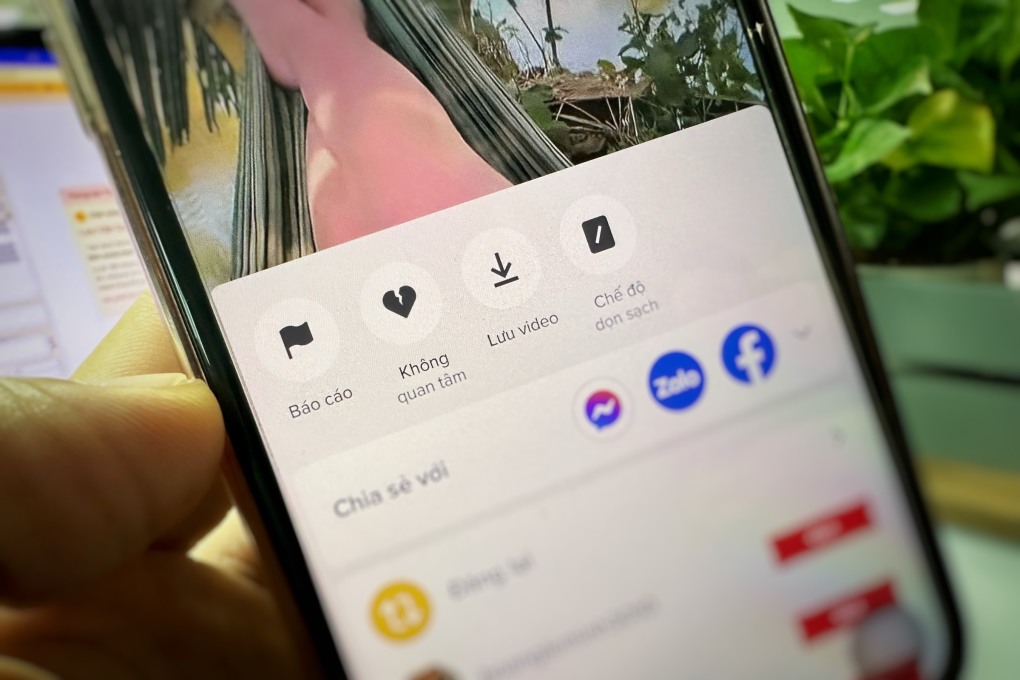
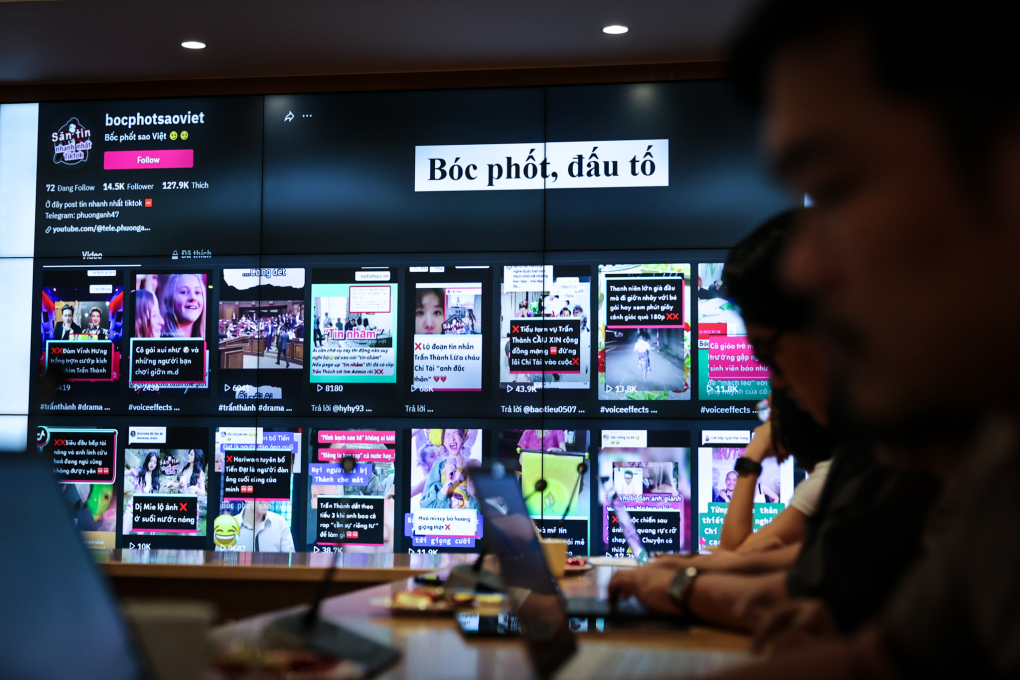

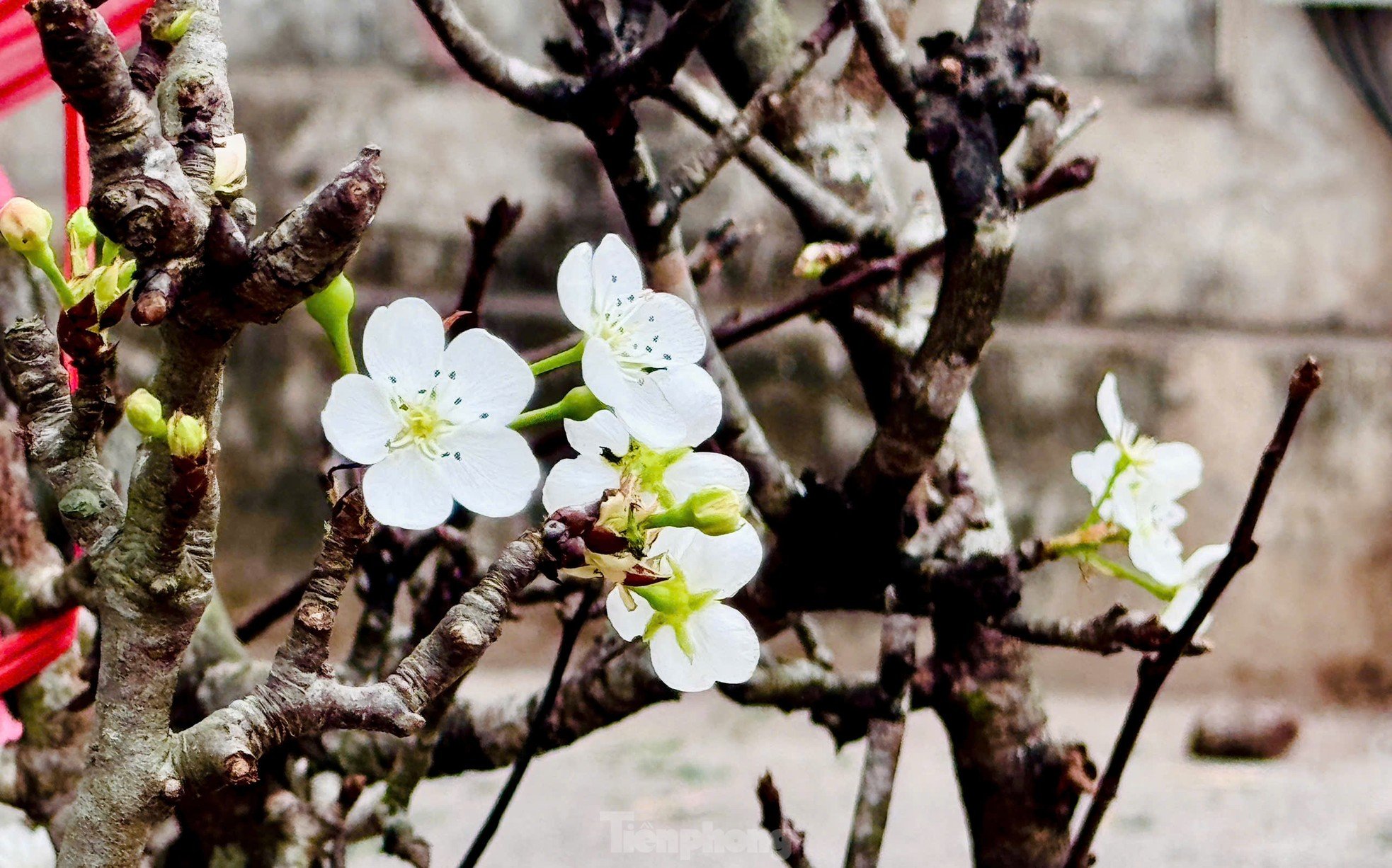


























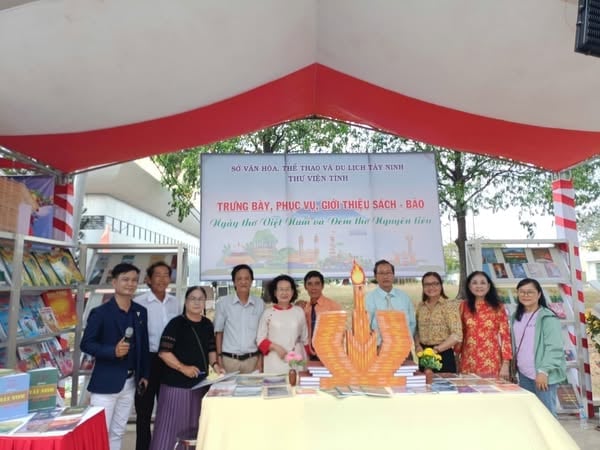
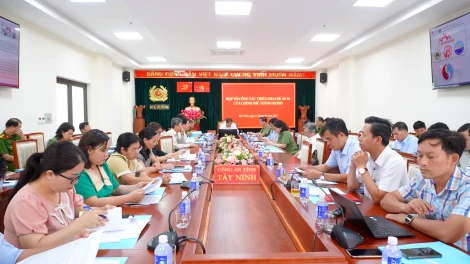
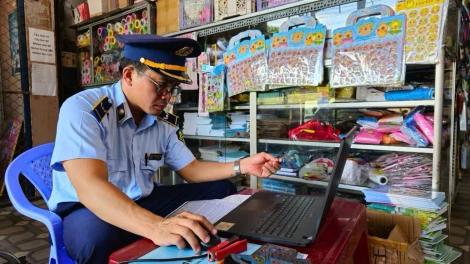
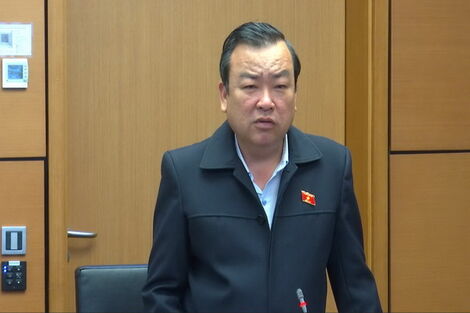
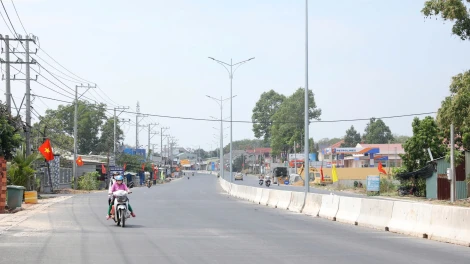
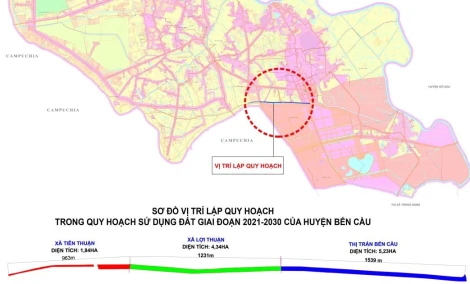
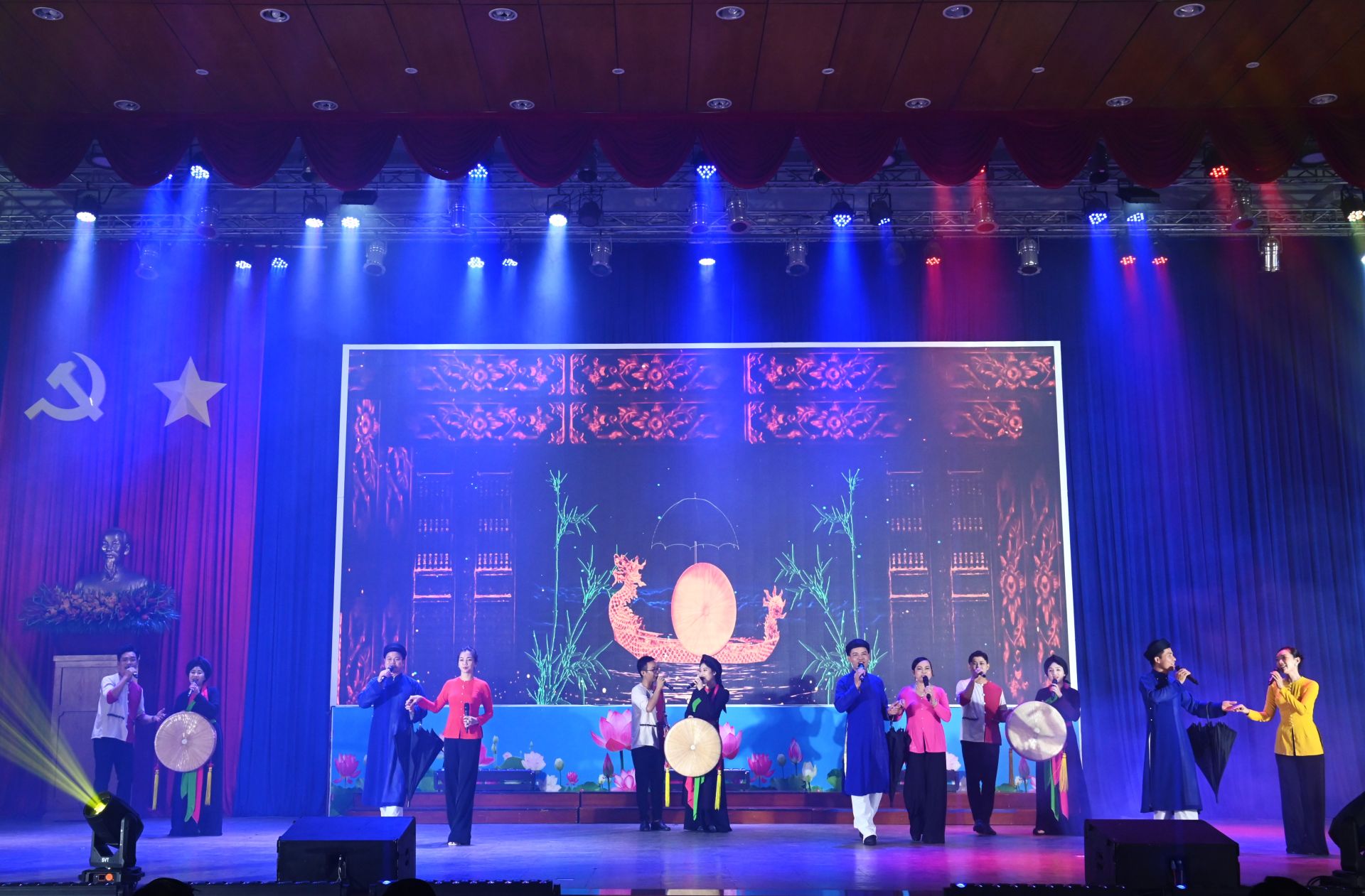

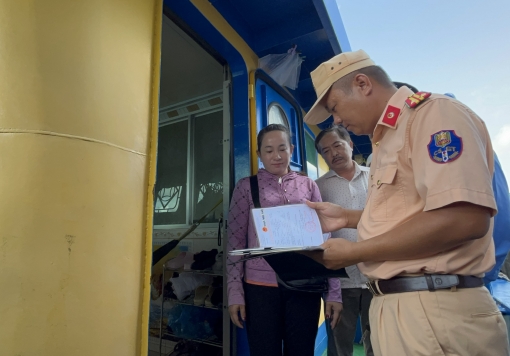

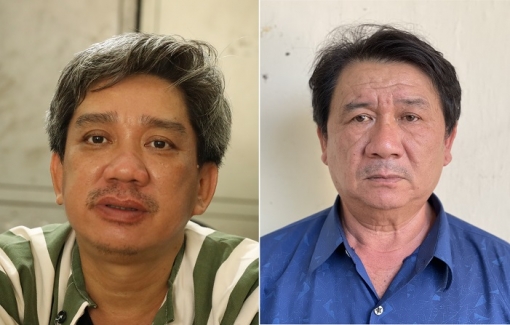
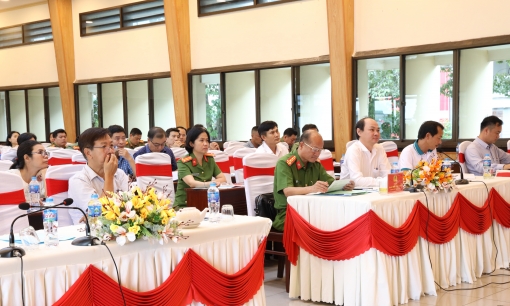
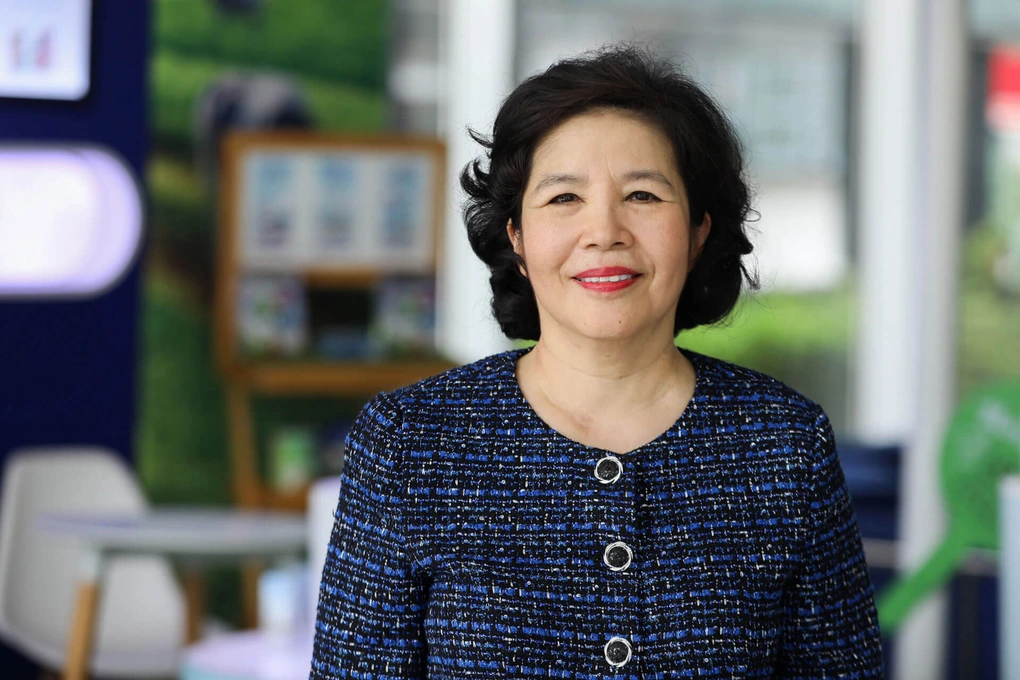

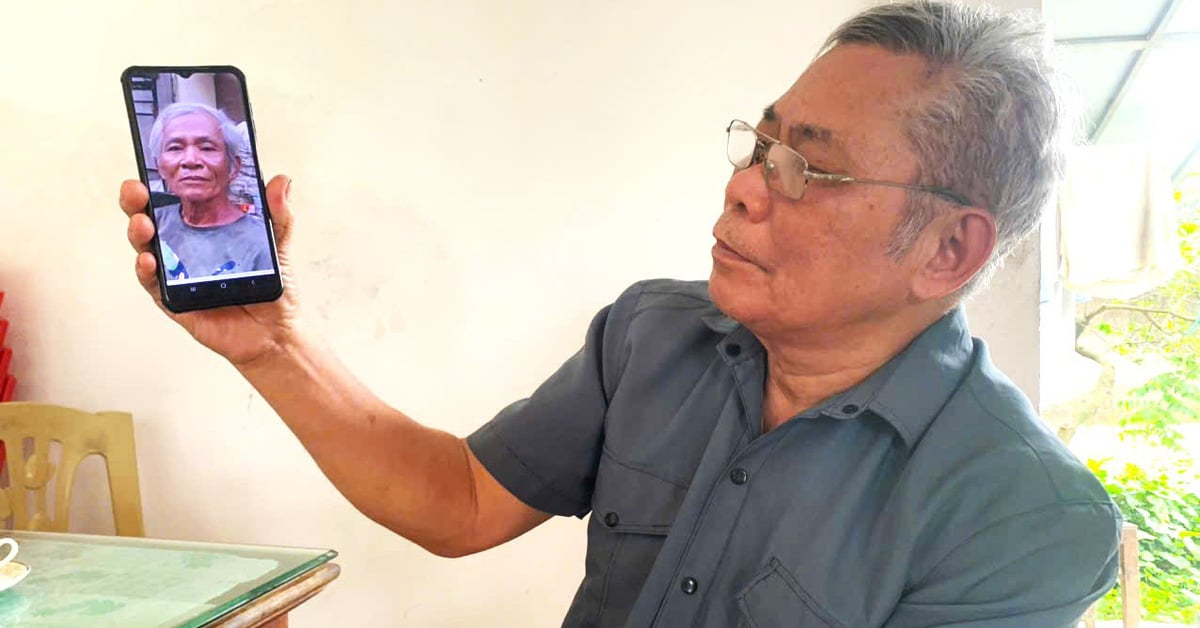

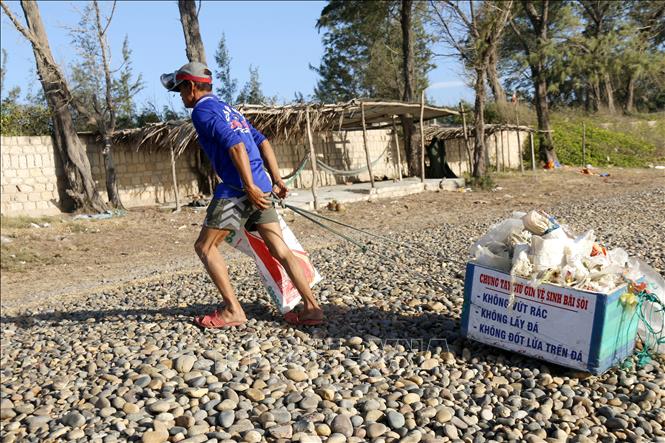

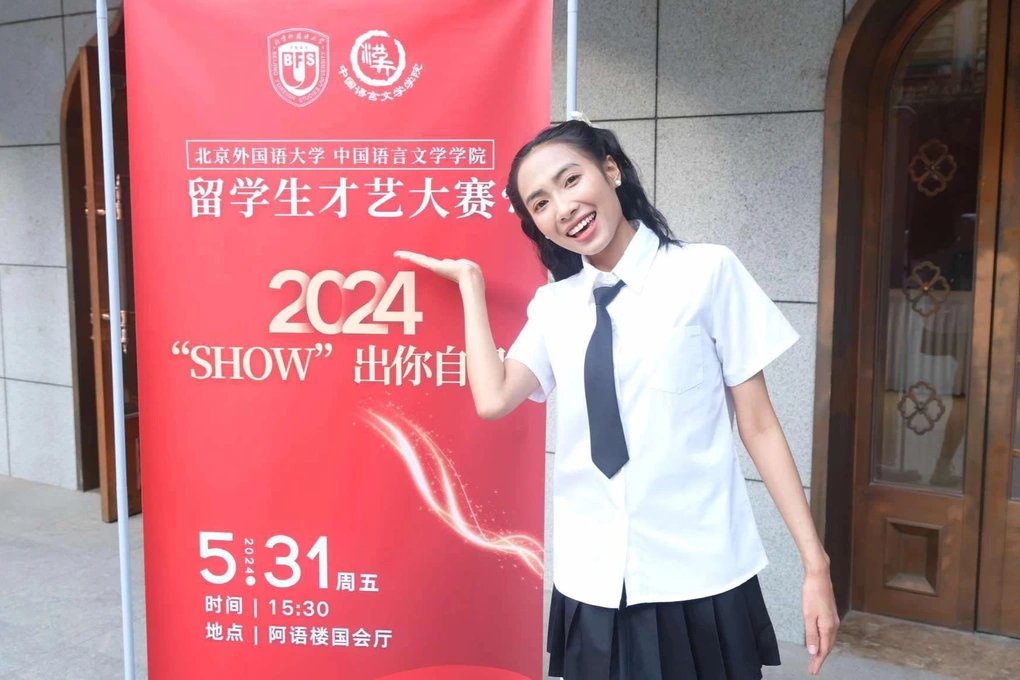
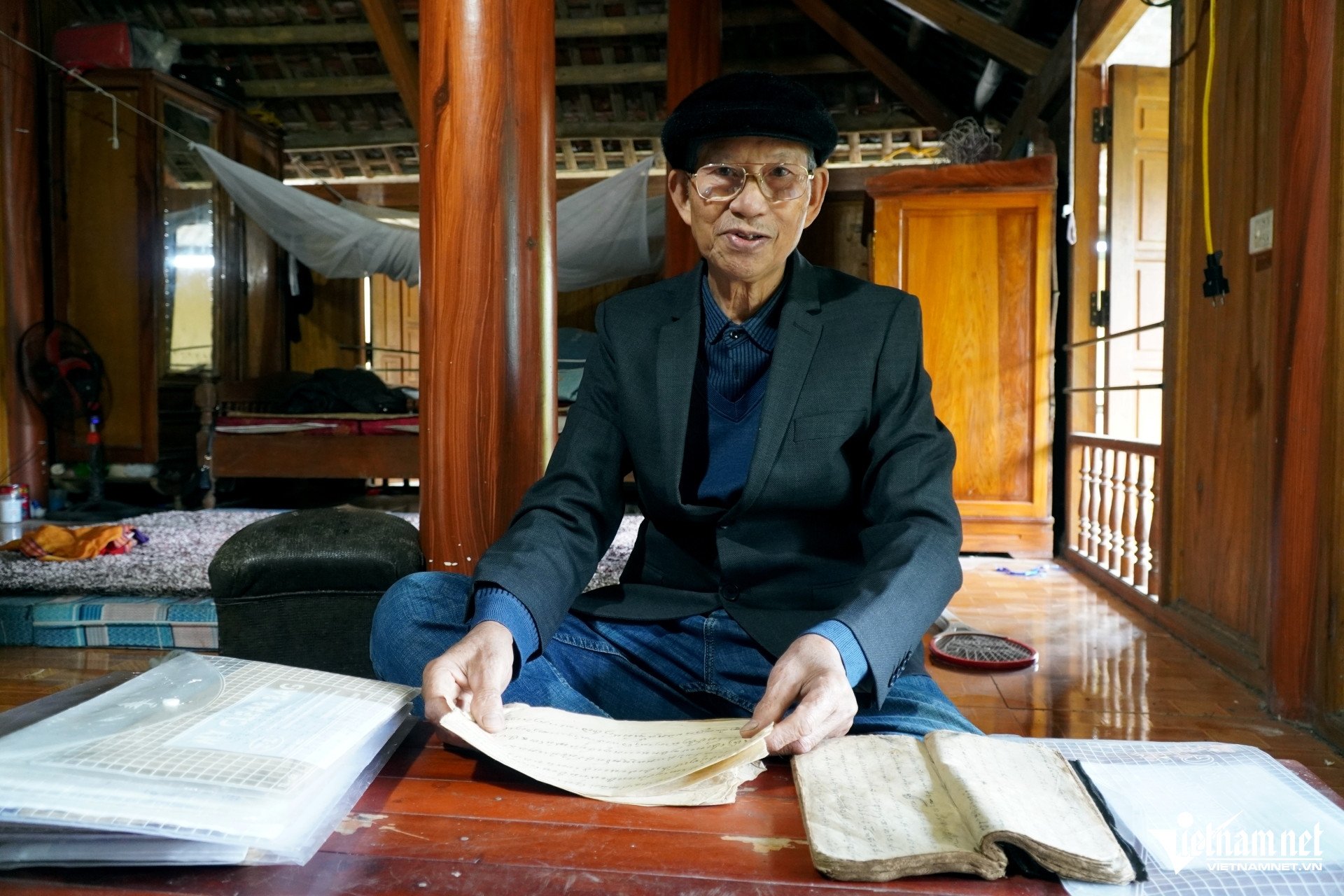

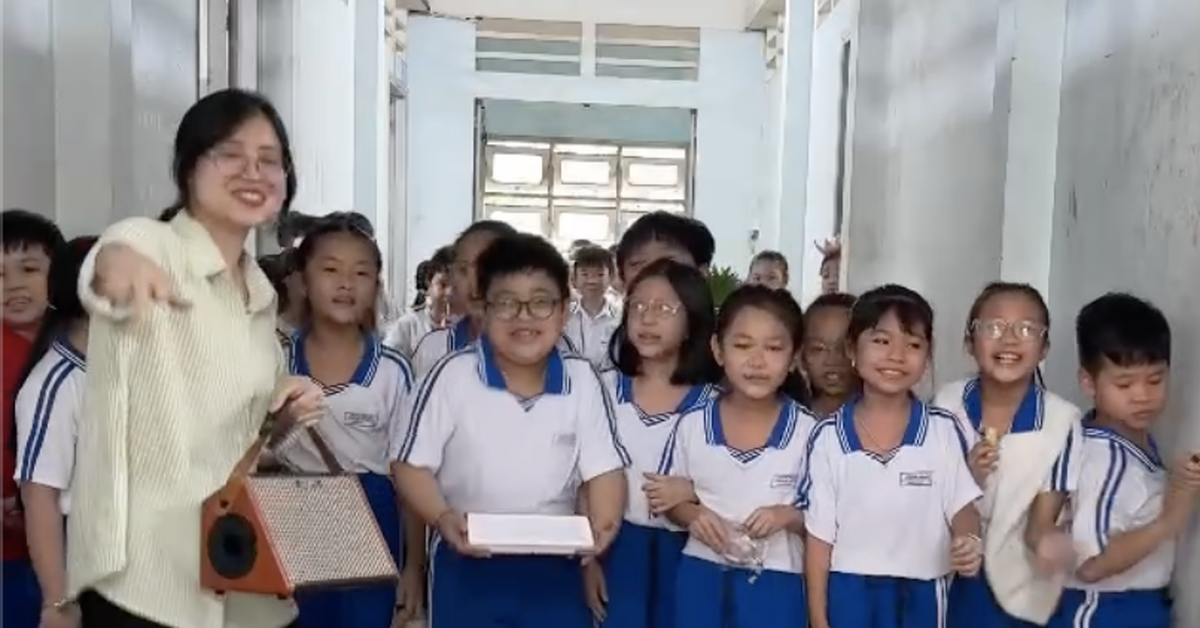



Comment (0)